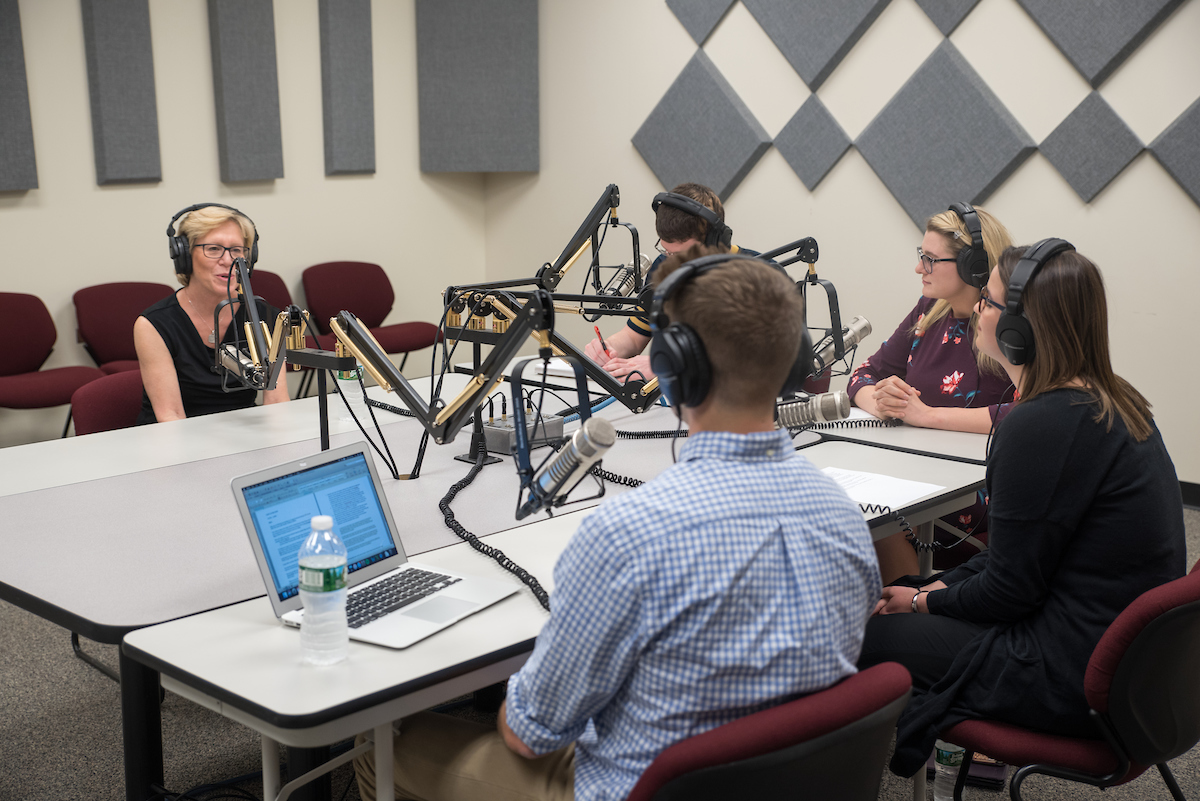
04/04/2023
SUNY Cortland is joining a nationwide network of college and university programs aiming to support local news organizations by tapping the energy and talent of students.
The university is hosting the first Upstate New York faculty training session by the Center for Community News (CCN), a nonprofit that works to help create and connect student newsrooms throughout the United States.
In addition to SUNY Cortland faculty, educators from nine other New York higher education institutions are expected to attend the April 14 event and then create, or strengthen, community journalism on their campuses.
“So much evidence shows that a lack of local news contributes to increased polarization in society,” said CCN founder and SUNY Cortland alum Richard Watts ’85, noting the dramatic reduction of local news operations that has occurred over the last several decades.
“On one hand, this is a win for students, and then on the other hand you’re providing content. That is what’s needed … I see this as part of the solution.”
Part of SUNY Cortland’s contribution to the solution will be a new public affairs radio show and podcast focusing on local news beyond the confines of the campus. Caroline Kaltefleiter, a former broadcast journalist and current professor in the Communication and Media Studies Department, will host and manage a team of student reporters.
The proposal earned a community news grant from CCN, and Kaltefleiter is now a CCN faculty champion.
Watts, a journalism professor at the University of Vermont, created the first CCN newsroom on his campus in 2019, guiding student journalists in reporting and producing local news stories and connecting with programs at other institutions.
“Similar programs exist,” he said. “But there hasn’t been any collection of them all so they could learn from each other and inspire each other.”
Watts’ vision is to connect the 120 university-led student reporting programs around the nation in a way that coordinates coverage, shares best practices and supplements news content that is increasingly hard to find as news payrolls shrink and organizations combine or collapse.
“The students can learn applied skills through being a reporter, where you interview people and you take complicated subjects and turn them into stories,” Watts said. “All these critical skills are going to be helpful to you, so there’s that applied or experiential learning component that is so important to young people who want to do real things.”